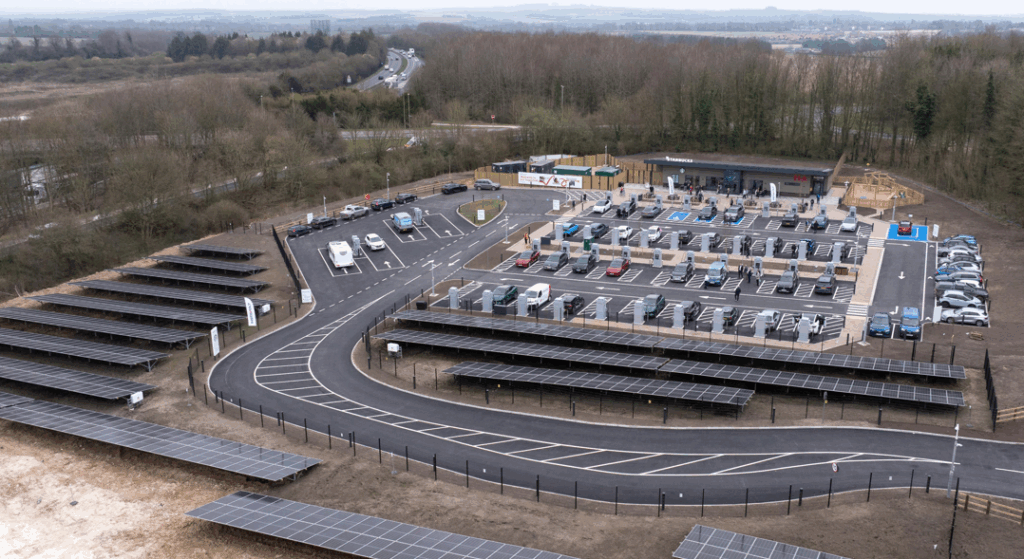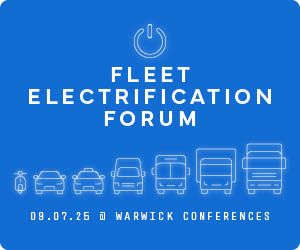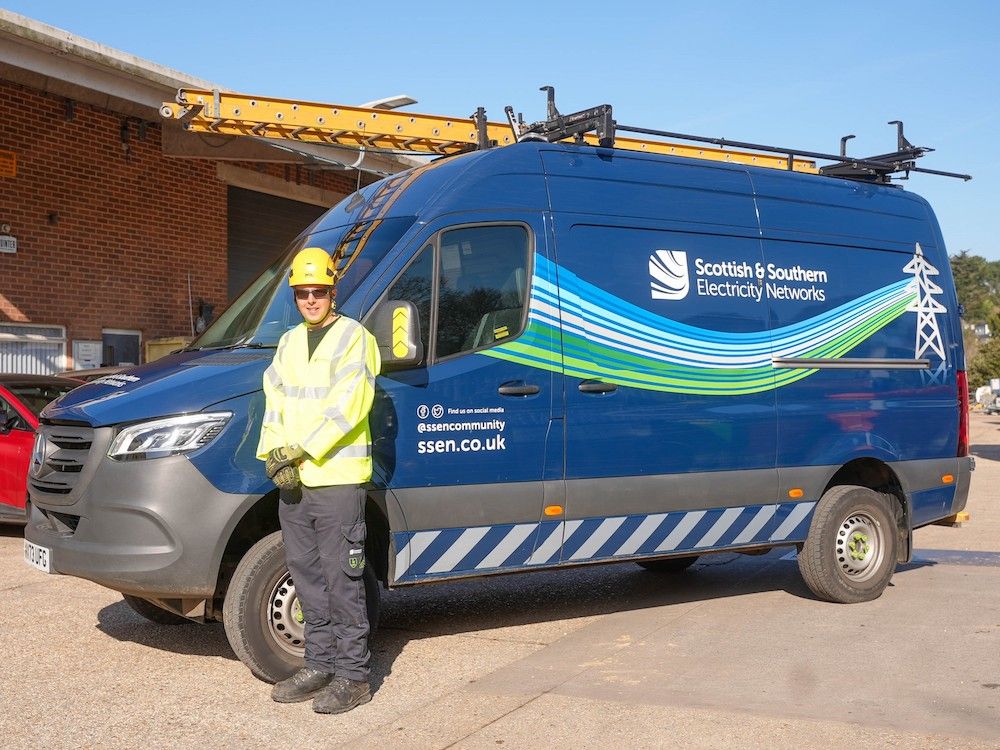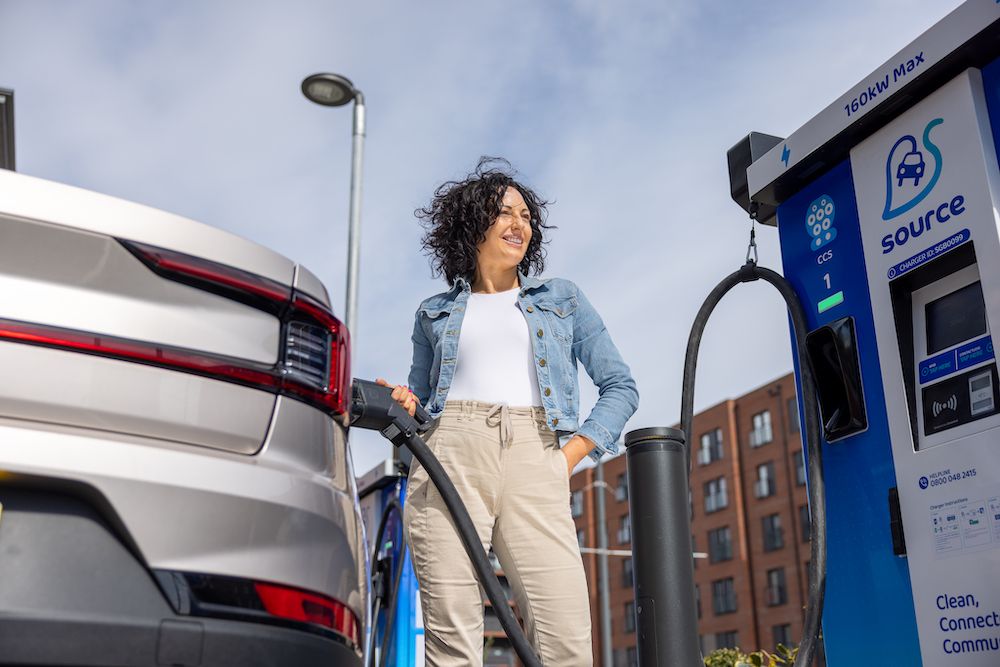Five local authorities are joining forces with the UK’s biggest electricity network operator in a bid to end EV charging blackspots.
Charge Collective, a pilot project launched by UK Power Networks, will partner with local councils in Cambridge, Norwich and London to ensure no areas miss out on the transition to EVs.
The aim is to ensure everyone can confidently switch to EVs, regardless of whether they have a parking space. Through sharing data and expertise, the councils will help UK Power Networks to identify “black spots” with the operator then holding a competition to incentivise investors to bid to deliver charge points.
UK Power Networks will collaborate with Cambridge City and Cambridgeshire County Councils, Norwich City Council, Norfolk County Council and the London Borough of Redbridge. They will work together to identify areas that have yet to install enough electric vehicle chargers and would benefit from improved air quality. These areas are likely to be in towns, with denser populations and less off-street parking.
The innovative scheme will also develop a framework to measure the wider environmental and social benefits of better air quality and reduced emissions that come with more people driving EVs.
The pace of EV uptake is accelerating, with 3.6 million EVs forecasted to connect to UK Power Networks’ system by 2030.
Ian Cameron, head of customer services and innovation at UK Power Networks said: “Electricity networks have a key role in enabling the uptake of electric vehicles so that the country can meet its Net Zero commitments. This project is going to help us discover how we can support our communities to get more charge points into areas that need them at the lowest cost to consumers, ensuring that nobody is left behind.”
Councillor Kevin Maguire, cabinet member for safe and sustainable city environment at Norwich City Council, said: “The Charge Collective project will help our city to identify barriers to EV take-up especially in areas of high density housing. It’s important that the electrification of transport is socially inclusive and benefits all sectors of society”.














